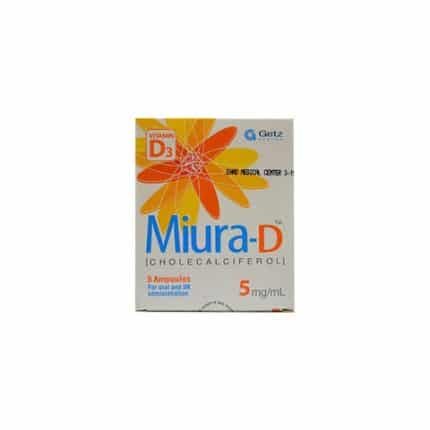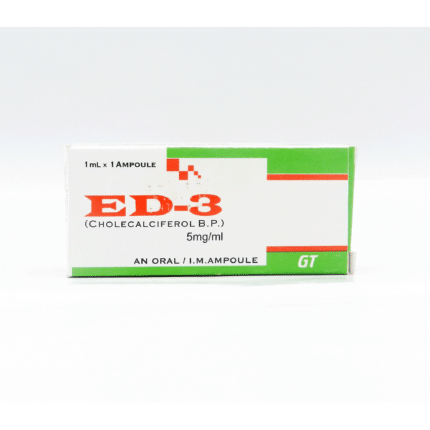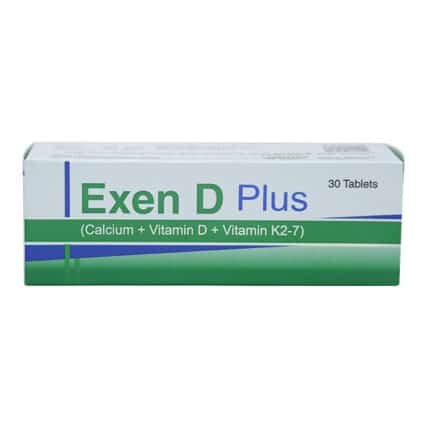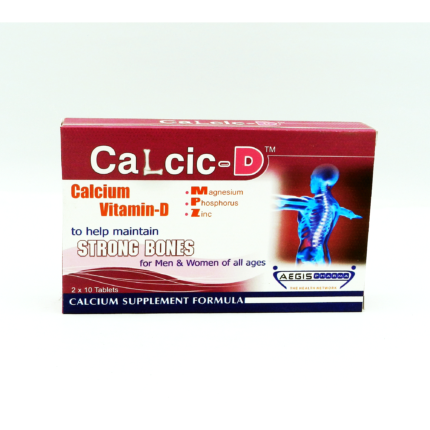Vitamin D3, also known as cholecalciferol, is a fat-soluble vitamin that is essential for human health. It is important for the absorption of calcium and phosphorus, which are needed for strong bones and teeth. It also plays a role in the immune system, muscle function, and cell growth.
Sources: Vitamin D3 is produced by the body when the skin is exposed to sunlight. It is also found in a small number of foods such as fatty fish, egg yolks, and mushrooms. It can also be taken as a dietary supplement in the form of tablets or capsules.
Benefits:
Vitamin D3 has many health benefits, including:
- Helping the body to absorb calcium and phosphorus
- Supporting the growth and maintenance of strong bones and teeth
- Supporting the immune system
- Helping to regulate cell growth
- Playing a role in the prevention of certain types of cancer
- Helping to reduce the risk of developing osteoporosis
Recommended daily intake: The recommended daily intake of vitamin D3 varies depending on age, sex and other factors. The recommended daily intake for adults is 600-800IU per day.
Side effects:
Vitamin D3 is considered safe when taken in recommended doses. However, taking high doses of vitamin D3 can cause side effects such as weakness, fatigue, headache, loss of appetite, dry mouth, metallic taste, and nausea. High doses of vitamin D3 can also cause an excessive build-up of calcium in the blood, which can lead to kidney stones, kidney damage or other health problems.
It is important to note that too much sun exposure can also cause skin damage, and skin cancer, therefore it is recommended to get a moderate sun exposure instead of relying on sunbathing to get the required vitamin D3. Also, It is important to check with a doctor or a healthcare professional before starting any supplement regimen.













